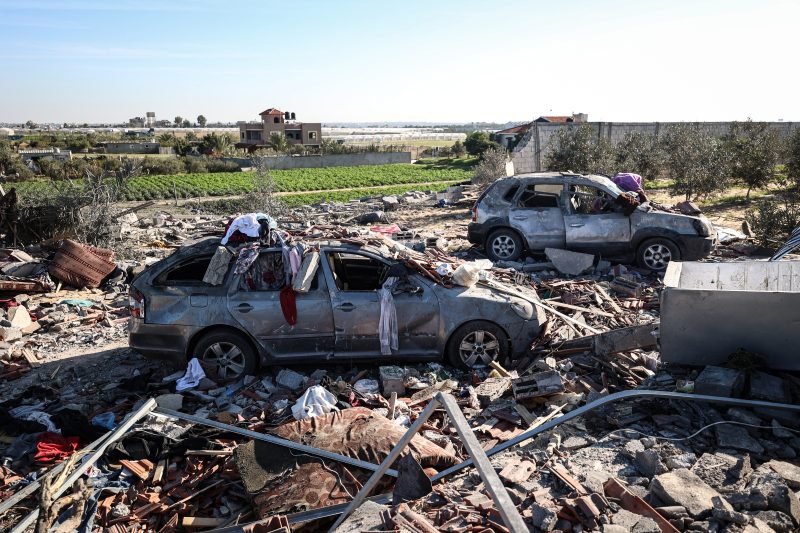Bernie Sanders, the outspoken U.S. senator from Vermont, is leveraging his legislative power to bring visibility to the Israeli government’s human rights practices in Gaza. A staunch advocate for the underprivileged and marginalized, Sanders’ intentions to force a vote in Congress shine a spotlight on the ongoing conflicts in the region, particularly those arising from the contentious Israeli-Palestinian relations.
Sanders’ call for a vote is a milestone event in itself, indicative of his commitment to leverage the tools at his disposal to illuminate the human rights practices in the conflict-ridden region. Through this, he is striving to address an issue that has repeatedly been ignored by his contemporaries. The actions he aims to set in motion present a bold challenge to the status quo of U.S. foreign policy towards Israel and Palestine, essentially raising the question of whether American protections and aid should be conditional on the Israeli government’s adherence to human rights standards.
The motivation behind Sanders’ pursuit of this vote goes beyond mere politics, reflecting his deeply-held ideological beliefs. Known for his progressive values and commitment to equality, Sanders has long voiced concerns about the Israeli government’s treatment of Palestinians. By pushing for this vote, the senator seeks to create a tangible manifestation of his advocacy for Palestinian rights, effectively using the democratic process to engender a wider conversation about ethical international relations and human rights practices.
Sanders’ efforts are both daring and impactful. A forced vote will, by necessity, lead to members of Congress having to articulate their positions on this emotive issue, prompting meaningful discussion on a topic often left unspoken in the corridors of American power. Such a discussion, in itself, is a testament to Sanders’ dedication to open dialogue and the need for addressing contentious issues head-on.
However, Sanders faces significant obstacles in forcing this vote. There remains great political sensitivity surrounding the Israel-Palestine conflict. Many of his fellow legislators will likely hesitate to take a stance that could be construed as critical towards Israel, a key ally of the United States. The potential backlash from pro-Israel groups and voters is undoubtedly a concern. It requires a bold legislator to challenge convention, and Sanders exemplifies this through his actions.
Sanders’ initiative also signifies a potential shift in American diplomacy. For decades, the U.S. government has adopted a relatively unwavering support for Israel. By promoting this vote, Sanders is essentially suggesting a profound reconsideration of this position, which could engender more balanced U.S. policy towards the Israeli-Palestinian conflict.
Crucially, the impact of Sanders’ initiative extends far beyond American shores. Internationally, if this vote proceeds and results in a rebuke of Israeli human rights practices in Gaza, it could signal a seismic shift in the global perception of the conflict. It could add significant pressure on Israel to reassess its actions in Gaza, potentially leading to an improvement in human rights practices in the region.
In essence, Senator Bernie Sanders’ attempts to force a vote on Israel’s human rights practices in Gaza represents a significant step forward. Even in the face of potential political backlash, he leans on his firmly held beliefs to pave the way for open discussion and increased scrutiny of the ongoing conflict. His actions reveal not only his commitment to human rights but also his faith in the democratic process to bring about change.











